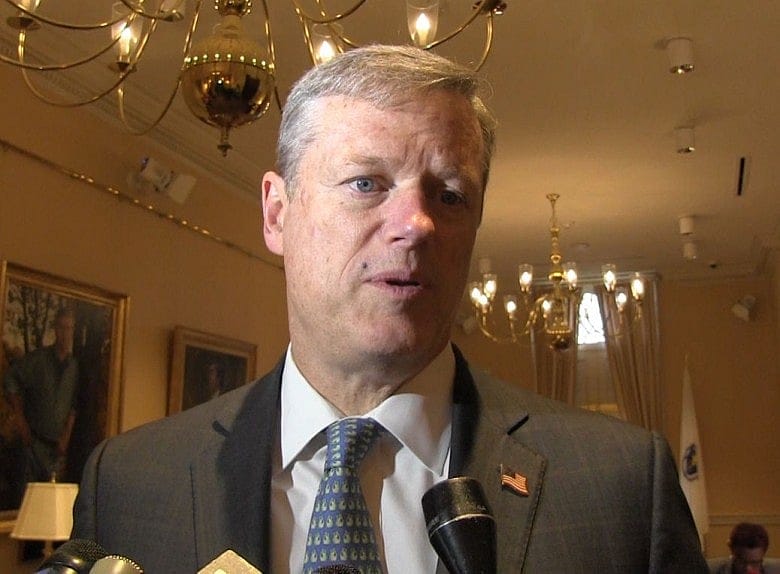Tax rate will go down next year for Bay State wage earners

BOSTON – The Massachusetts state income tax rate will fall slightly in January, the third-to-last step in the tax rate's odyssey from 5.95 percent in 1999 to its potential nadir two years from now at the voter-approved level of 5 percent.
Gov. Charlie Baker's budget office confirmed Tuesday that the last of the economic benchmarks needed to trigger the reduction had been met resulting in the automatic lowering of the tax rate on income to 5.1 percent, from 5.15 percent.

